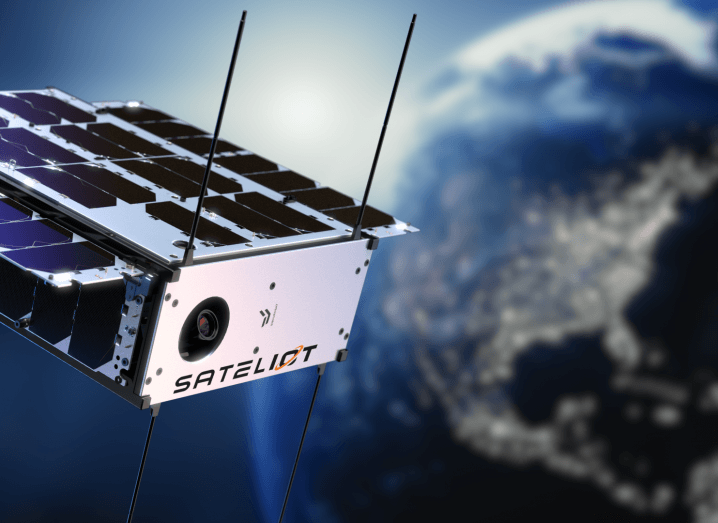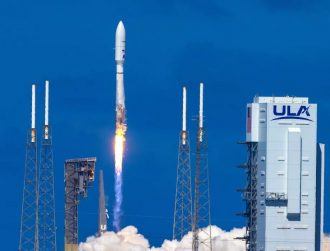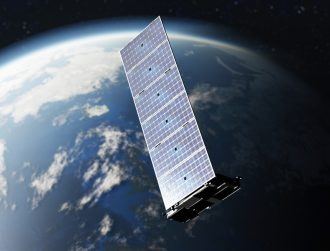
Image: Sateliot
Barcelona-based Sateliot plans to create a constellation of 250 nanosatellites deployed under the 5G standard, including 64 over the next 18 months.
Spanish satellite communication start-up Sateliot has secured €6m in funding from Banco Santander as it prepares to launch its commercial phase this year.
Based in Barcelona, Sateliot aims to develop and launch a constellation of low-Earth orbit nanosatellites to provide 5G coverage for Internet of Things (IoT). This plan includes the scheduled launch of four new satellites later this year.
The long-term plan is ambitious. Sateliot said that following a planned Series B funding round the company will create a constellation of 250 nanosatellites deployed under the 5G standard. This includes an additional 64 over the next 18 months.
Latest funding though the growth programme at Banco Santander comes after two recent capital injections bringing total funding to €13.5m in less than a year, including a €2.5m loan from Avança and €5m from the convertible note issued by the company.
“The completion of these three operations demonstrates the confidence that top-tier banks, regional public administrations and other groups such as venture capital, family offices or business angels have placed in us,” said Sateliot CEO and co-founder Jaume Sanpera.
“With all of them, we have created a strategic partnership that reinforces our leadership in the first ever 5G-IoT constellation.”
Ongoing race to space
There is an ongoing global race among private companies to create satellite constellations in low-Earth orbit for enhanced connectivity. This is led by Elon Musk’s Starlink satellite internet constellation, which surpassed 2m active customers last year.
Last week, SpaceX launched the first Starlink satellites that can connect to mobile phones with the aim to eliminate internet dead zones on Earth.
A total of 21 satellites were sent to low-Earth orbit on the Falcon 9 rocket, six of which have the direct-to-cell capabilities and, according to SpaceX, will act as “a cellphone tower in space” aiming to eliminate signal dead zones on Earth.
After launching two satellites into space in October, Amazon’s Project Kuiper team said it successfully completed testing its optical mesh network in low-Earth orbit last month. Full-scale satellite deployment will begin in the first half of this year, with early customer pilots set to begin in the second half.
10 things you need to know direct to your inbox every weekday. Sign up for the Daily Brief, Silicon Republic’s digest of essential sci-tech news.






